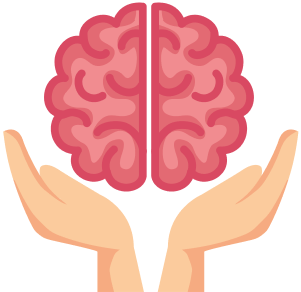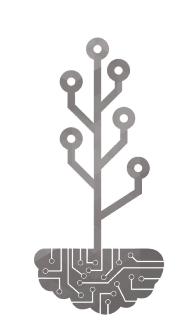Do You Have Depression? Assess Persistent Sadness and Loss of Interest? If these symptoms sound familiar, taking a major depression test can serve as a valuable starting point in recognizing the potential signs of major depressive disorder. Our online test for depression includes questions common among those experiencing major depressive symptoms, such as prolonged feelings of sadness, a lack of energy, changes in appetite or sleep, and feelings of worthlessness.

This depression test online free of charge involves about 20 questions; consider assistance from a friend or family for perspective.

A clinical depression test and diagnosis require a mental health professional's evaluation through a clinical interview. A major depression test can serve as a helpful tool in identifying potential signs of this disorder, leading you to consider seeking professional help.
Major depressive disorder is a mental health condition that affects nearly 7% of the population worldwide. A licensed mental health professional typically diagnoses it through a clinical interview and an assessment of symptoms. Taking a major depression test can be a crucial first step in identifying potential signs of depression, thereby prompting you to seek professional help.
Our quick depression test is available online, is confidential, and free to use. It can be completed online, in the privacy of your own home, without the necessity for a referral or appointment. Bear in mind, this depression assessment is not diagnostic, and cannot replace professional evaluation by a licensed mental health professional. However, it can offer initial insights and help you determine if you should seek further evaluation or treatment.

Research suggests a severe depression test can indicate higher risk for comorbidities in major depressive disorder such as anxiety disorders, substance abuse disorders, eating disorders, and certain personality disorders. In fact, up to 70% of individuals with major depression have at least one additional psychiatric disorder.
Being aware of these related conditions is crucial as they can significantly affect the severity of depressive symptoms and treatment strategies.
We are dedicated to providing comprehensive resources and support for individuals living with major depressive disorder and their loved ones. Take our major depression test today to begin your journey towards improved mental health.

Major depressive disorder is a mental health condition characterized by persistent feelings of sadness, loss of interest in previously enjoyed activities, and a lack of energy that interferes with daily life. It's one of the most common mental health disorders and can significantly impact an individual's quality of life.
Major depressive disorder is diagnosed through a clinical interview with a licensed mental health professional. The mental health professional may also use assessment measures and gather information from previous healthcare providers, family, and friends.
Common symptoms of major depressive disorder include persistent sadness, a lack of energy, changes in appetite or sleep, feelings of worthlessness, difficulty concentrating, and a loss of interest in activities previously enjoyed.
The criteria for diagnosing major depressive disorder include the presence of five or more specific symptoms over a two-week period, with at least one of the symptoms being either depressed mood or loss of interest or pleasure. These symptoms must cause significant distress or impairment and not be attributable to another medical or psychiatric condition.
Major depressive disorder can often be managed effectively with the right treatment, which may include therapy, medication, or a combination of both. While some people may experience a complete remission of symptoms, others may continue to experience symptoms but at a more manageable level.
Approximately 7% of adults in the US experience major depressive disorder in any given year.
Diagnosing major depressive disorder typically takes one or two sessions. However, because symptoms of depression can overlap with other disorders, getting the correct diagnosis can take some time.
Online therapy can be an effective treatment for major depressive disorder, especially if the therapist or mental health provider has experience and training in this area. Major depressive disorder is often treated with cognitive behavioral therapy (CBT), interpersonal therapy (IPT), and medication, depending on the specific needs of the individual.
Symptoms of major depressive disorder can overlap with or be similar to other mental health conditions, such as dysthymia, bipolar disorder, anxiety disorders, and certain personality disorders. This is why a thorough assessment from a licensed mental health professional is critical for an accurate diagnosis.
A major depression test is a screening tool that gauges the likelihood of exhibiting symptoms of major depressive disorder. It consists of a series of questions related to common experiences among people with major depression. While a major depression test can be a helpful first step, it is not a diagnostic tool and cannot replace a clinical evaluation by a licensed mental health professional.
There are several types of depressive disorders, including major depressive disorder, persistent depressive disorder (dysthymia), bipolar disorder, seasonal affective disorder (SAD), and postpartum depression. Each type has its unique set of symptoms and diagnostic criteria.
The development of major depressive disorder is believed to be influenced by a combination of genetic, environmental, and psychological factors. A family history of depressive disorders, exposure to stressful life events, and certain personality traits may increase the risk of developing major depressive disorder.